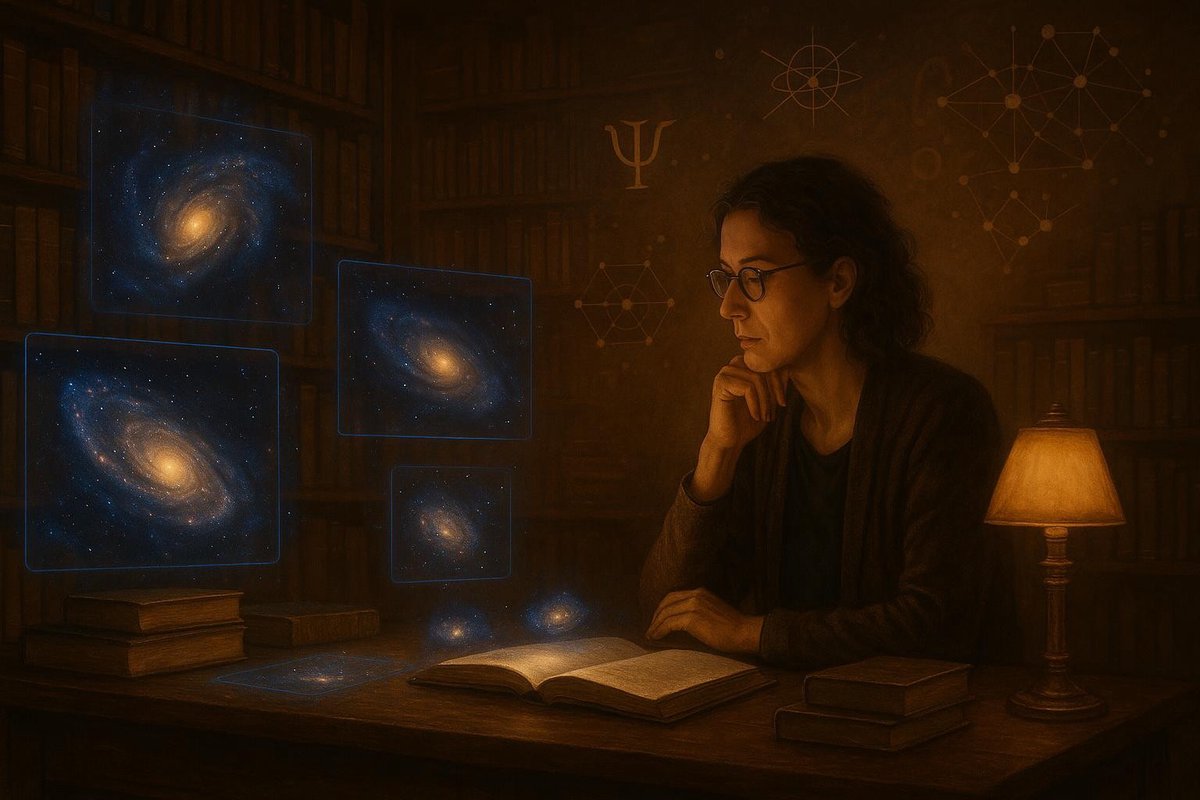
The Problem Context: Are We Living in a Simulation?
In a world where video games mimic reality with alarming accuracy, the question arises: could our reality be simulated too? Interestingly, the notion of a simulated universe is not as modern as it seems. Ancient philosophers pondered the nature of perception and reality, with Plato’s Allegory of the Cave illustrating how shadows and illusions can deceive the senses. Fast forward to today, we see the impact of digital worlds shaping our understanding of the universe.
Consider these points:
- Plato’s Cave: Shadows as reality.
- Virtual reality technologies: Blurring lines between real and virtual.
- The Matrix: Popular culture’s take on simulation.
As time goes on, the boundaries between the tangible and the imagined continue to blur. This context sets up an intriguing stage for questioning the fabric of our existence.
Theoretical Breakthrough: The Birth of Simulated Reality Theory
The concept of simulated reality gained prominence with philosopher Nick Bostrom’s simulation hypothesis in 2003, suggesting one of three possibilities, one being that we are likely living in a computer simulation. Bostrom asserted that if civilizations can run simulations, and if such simulations are indistinguishable from reality, it follows logically that we might exist within one.
Key theories include:
- Nick Bostrom’s Simulation Argument: A seminal thought experiment.
- The multi-world interpretation of quantum mechanics.
- Advancements in AI and computing power.
These ideas challenge us to rethink our assumptions about the nature of consciousness and existence. The philosophical implications are profound, pushing the boundaries of what we consider real.
Supporting Evidence: From Philosophy to Physics
While some dismiss simulated reality as mere speculation, there are fascinating parallels between this hypothesis and developments in physics and technology. Theoretical physics has long grappled with concepts like parallel universes and quantum entanglement.
Consider these scientific points:
- Quantum mechanics: Indeterminacy and observer effect.
- Computational limits and Moore’s Law.
- Artificial intelligence: Turing’s test for machine intelligence.
The idea that our universe could be a simulation resonates with these scientific theories, suggesting that our understanding of reality might be limited by our perception and the tools available to us.
Modern Relevance: Why It Matters Today
In the 21st century, the notion of simulated reality forces us to confront our beliefs about imagination and progress. As we create ever more sophisticated digital worlds, the line between creator and participant blurs.
Contemporary implications include:
- Ethics of AI and digital consciousness.
- Cultural impact of virtual environments.
- Philosophical inquiries into free will and determinism.
Ultimately, simulated reality challenges us to question not just what is possible, but what it means to be human in an increasingly digital world. We are faced with the task of navigating the complex relationship between imagination and the scientific pursuit of truth.
Conclusion: The journey into understanding simulated reality invites us to ponder deeply about existence, reality, and the power of the human mind. It’s a reminder that as we push the boundaries of technology, we must also expand our philosophical horizons.
Fuel Someone Else’s Curiosity: Share this article with friends and family who are curious about the intersections of technology and philosophy. Let’s ignite a conversation about the implications of simulated reality and its impact on our future.

Leave a Reply